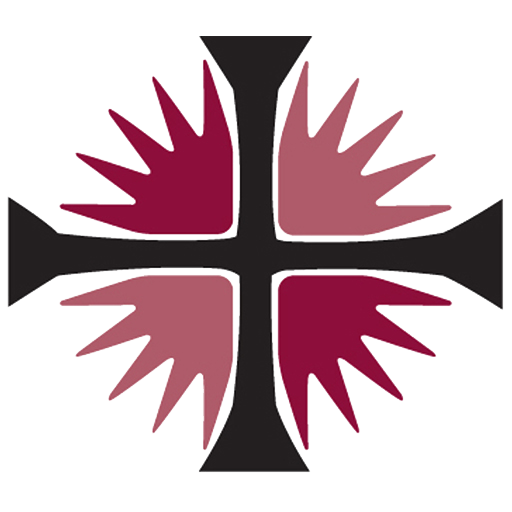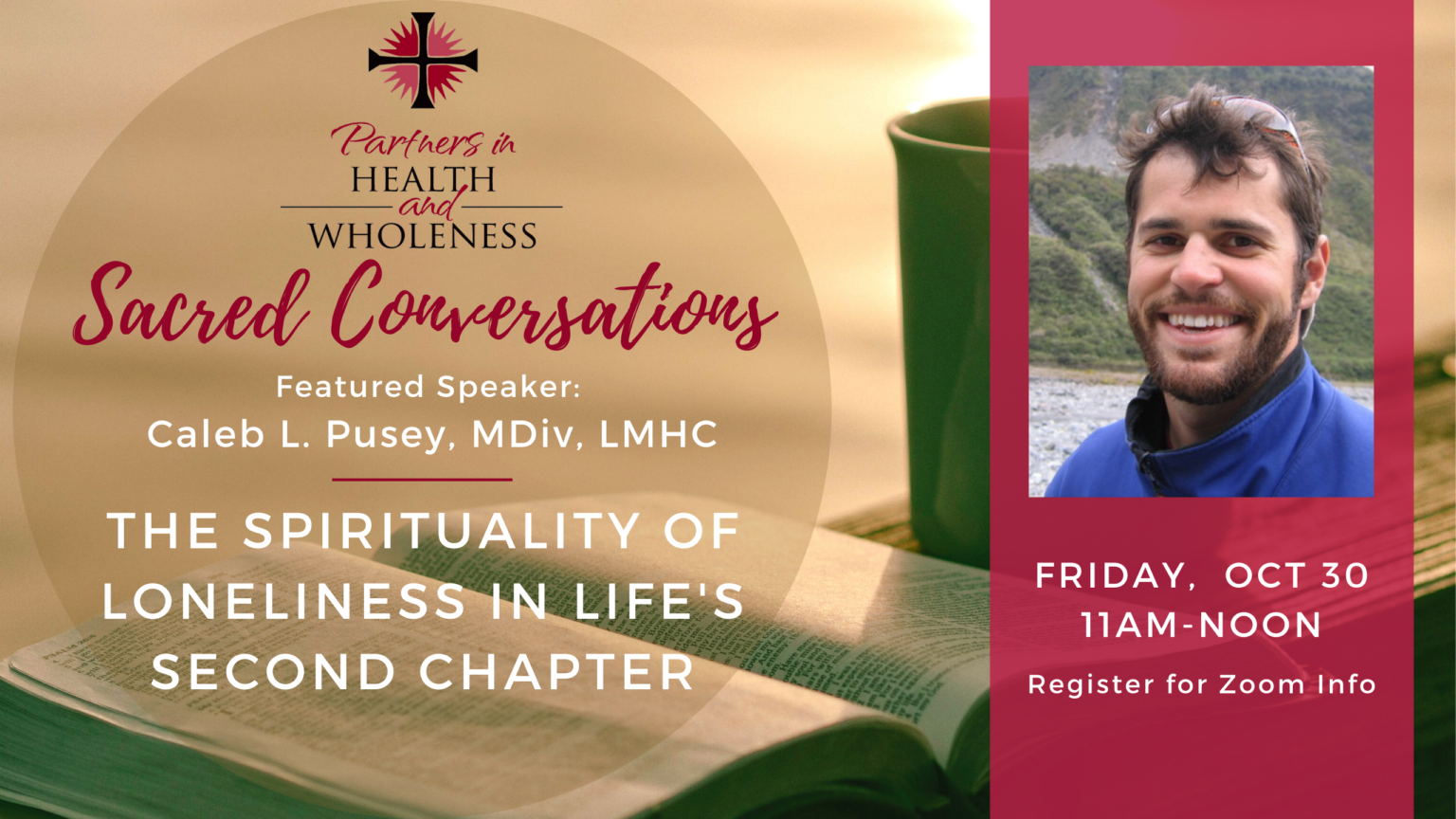“Quite simply, human relationship is as essential to our well-being as food and water.” –former Surgeon General Vivek Murthy
Within the global pandemic of Covid-19 lies another deadly yet often unrecognized epidemic: loneliness.
According to the American Society on Aging’s most recent journal, loneliness can be particularly hard-hitting among those in the second chapter of life, with 43 percent of Americans older than age 60 reporting feeling lonely on a regular basis. And since the emergence of Covid, one third of all Americans admit to feeling lonelier than ever. Given that 35.7 million Americans also live alone, many of them over the age of 50, social isolation is impacting this age group as well, in increasingly challenging and worrisome ways.
Per the National Institute on Aging, loneliness puts older people at higher risk for high blood pressure, heart disease, obesity, a weakened immune system, anxiety, depression, cognitive decline, Alzheimer’s disease, and even death. Loneliness can increase a person’s risk of mortality by up to 50 percent, which exceeds mortality risks associated with obesity and excessive alcohol use.
The good news is that the medical community is now beginning to recognize the seriousness of loneliness as a health risk, and increasingly community organizations are stepping up their programming to reach out to those who are experiencing it. But what about faith communities? How are they addressing the issue, and how do they help congregation members, especially those over age 50, interpret loneliness and isolation through a spiritual lens?
Please join PHW on October 30th for our Sacred Conversation: The Spirituality of Loneliness in Life’s Second Chapter. Caleb Pusey, spiritually integrated psychotherapist with CareNet in Marion, NC, will engage storytelling and evidence-based evaluation tools to provide a way forward for congregations to begin deep conversations around the source of loneliness and isolation in older adults — most especially during the time of Covid. He’ll also provide tools for reaching out to those who are experiencing both, beyond mere “checklist solutions,” to bring understanding, hope, and healing. Click here to register.

